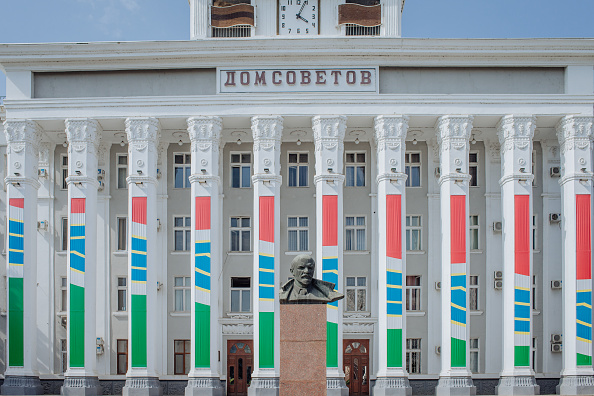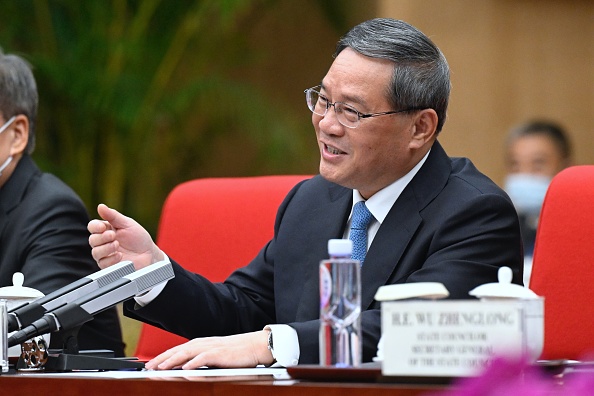Just over half of European Central Bank (ECB) staff think its president Christine Lagarde is doing “poorly” or “very poorly” in the role, a union survey of staff revealed.
The less-than-sparkling job review from her employees comes as the ECB faces highly controversial decisions to be made about when to lower Eurozone interest rates, including at a January 25 meeting which chose to hold rates constant.
The survey, organised by the International and European Public Services Organisation (IPSO), drew participation from 1,159 of the bank’s 5,089 staff.
In part, the negative view is a response to her straying regularly into politics, but also because she is not an economist, Richard Field, director of the Institute for Financial Transparency, told Brussels Signal.
Lagarde is the first holder of the post without a background as a trained economist.
At the World Economic Forum in Davos, which wrapped on January 19, she lashed out at those who are and who constitute most of the ECB’s staff by calling them “a tribal clique”.
“They quote each other, they don’t go beyond that world,” she complained.
“Lagarde is saying economists are a clique who believe in models that are disconnected from the real world; her staff thinks Lagarde is incompetent because she doesn’t believe what they have to say,” explained Field.
Similarly, although central bank heads have a tradition of scrupulously avoiding politics, Lagarde, a lawyer, has not done so.
On January 6, she told TV station France 2 a second US presidential term for Donald Trump would be “clearly a threat” to European interests.
“Frankly, I love a central banker who recognises the truth of what the Fed’s [former chairman] Marriner Eccles said: economists are best kept in the Fed’s basement as they don’t know the limits of their theories,” said Field.
He said his “first instinct” when he read about Lagarde and the ECB staff apparent opposition was to ask “is this really a fight over monetary policy, any more than a grand narrative”.
“As a lawyer, she is wondering why most of her staff’s projections are wrong and the performance of the real economy appears independent of ECB raising nominal interest rates,” he said.
Lagarde “is not the first one to call economists a ‘tribal clique’,” said German economist Dirk Ehnts.
In 1973, Swedish UCLA professor Axel Leijonhufvud wrote an article Life among the Econ describing “the extreme clannishness, not to say xenophobia, of the Econ” tribe, who occupy a “vast territory in the far North”.
The breakdown in her relations with ECB staff also affect the timing of the Eurozone’s interest-rate cuts.
Lagarde–who faces political pressure in a European election year to hint when high interest rates may start to come down–has increasingly started to side with politicians rather than the economists who advise her.
“Last week, President Lagarde conceded that the prospect of rate cuts in the summer is ‘likely’. That just about falls short of pre-commitment territory, but it’s an important shift in communication,” noted Henry Cook at MUFG bank (who is an economist).
The focus at the January 25 meeting, “which is unlikely to be a big market mover” will now be on “clues about the timing of rate cuts”, he said.
Still, some observers were less philosophical about Lagarde’s relations with her staff in an institution charged with overseeing the economies of 20 Eurozone members.
“It is not a good idea to insult people who work for you,” pointed out Stefan Gerlach, former deputy governor of the Central Bank of Ireland.





